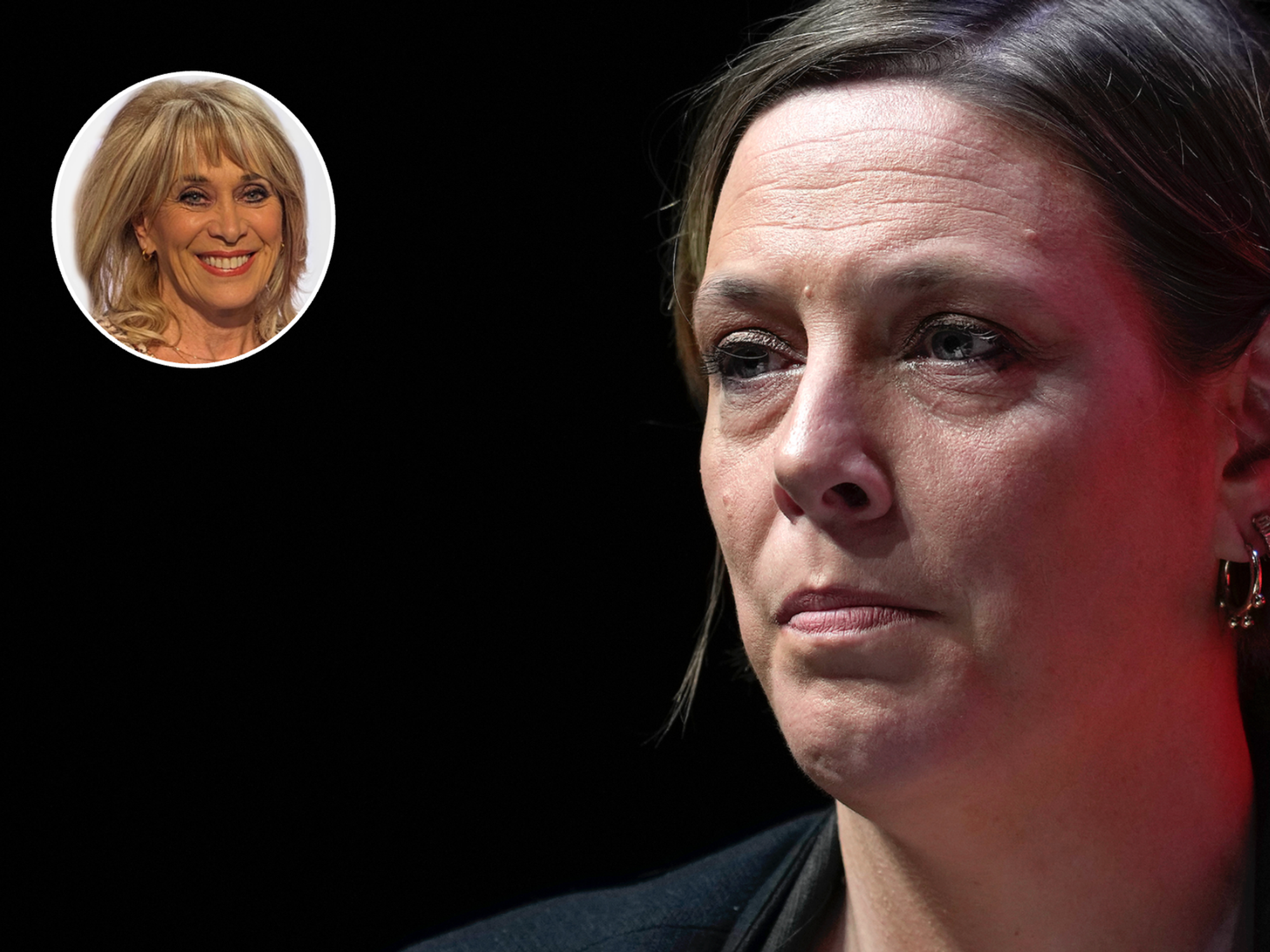Students struggle to read long books warns Oxford professor in bleak assessment of UK education

University students from state schools have not been exposed to as many lengthy novels, an Oxford professor has said
Don't Miss
Most Read
Students who could once read multiple books a week are now struggling to read long novels, an Oxford University professor of English has said.
Sir Jonathan Bate, a professor of English literature at the University of Oxford, has said that many young people applying to higher education have not read extensively.
Bate, who is also a foundation professor of environmental humanities at Arizona State University, said that this drop in ability can be pinpointed down to one key factor - diversity drives at higher education establishments.
He conceded that shorter attention spans are also to blame, though the problem lies within recruitment drives.
 Students are struggling to read lengthy books | Getty
Students are struggling to read lengthy books | GettySpeaking to the BBC, he said: “The currently fashionable answer is that it’s to do with the attrition of attention span due to smartphones, six-minute YouTube videos and instant TikTok dopamine hits.
“It all begins in schools. You only have to look at the thinning of the GCSE and A-level syllabuses and the tendency to prescribe works because they’re shorter. I think of it as the John Steinbeck: Of Mice and Men effect — they would never prescribe the Grapes of Wrath any more but Of Mice and Men is nice and short.”
He said that a key difference between students in state schools and private schools is the length of literary material they are exposed to.
Bate added that it was “an unintended consequence of the push in both the elite British and American universities towards diversity and access … because of course, those students come from disadvantaged schools where the teachers’ main task is crowd control, and so the demands in terms of reading long books are just not there”.
MORE LIKE THIS:

The universities of Oxford and Cambridge have invested in outreach programmes to drive diversity
| FLICKRElite universities such as Oxford and Cambridge have been trying to recruit more state school students, with successful applicants more than doubling in the last six years.
Meanwhile, admissions from private schools have dropped.
Bate said that he had witnessed this attainment gap first hand whilst teaching at Oxford.
“They were able students, but they simply hadn’t been exposed to large numbers of long books,” he said. “They hadn’t really developed that habit of concentrated, lengthy reading which private schools in both the UK and the US concentrate on.”

Bate said that he had witnessed this attainment gap first hand whilst teaching at Oxford
|Oxford Univeristy
He said that in previous years, students could get through three novels in a week, though now many will barely be able to read one every three weeks.
Bate said that this is worrying for the future if the reading levels continue to dip.
“If you haven’t got readers, what are writers going to do? The intensive, thoughtful, quiet reading of great books is good for mental health. It’s very, very good for developing skills of concentration and critical thinking, and if that falls away, that is problematic for businesses, for society, for individuals.”










